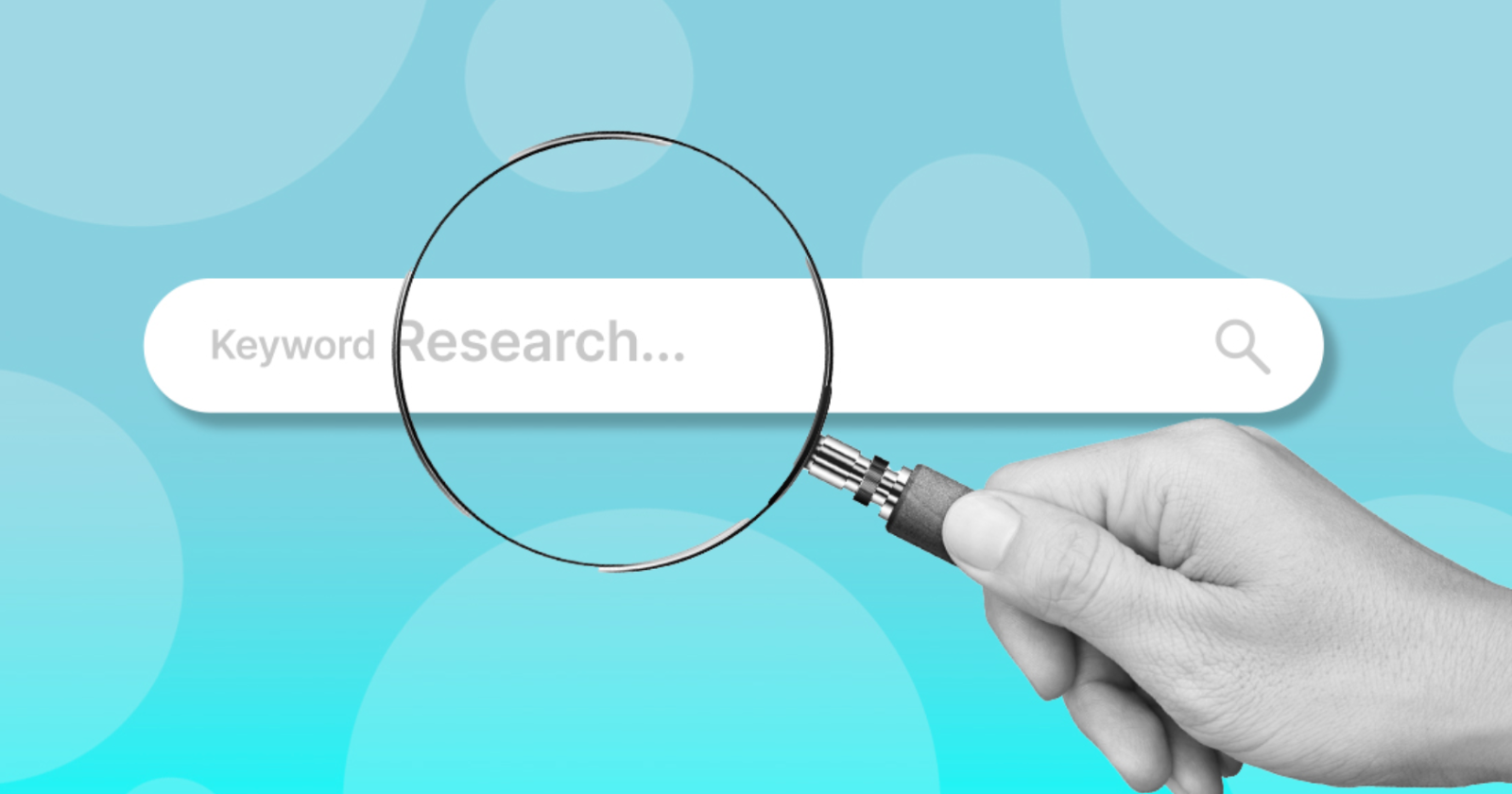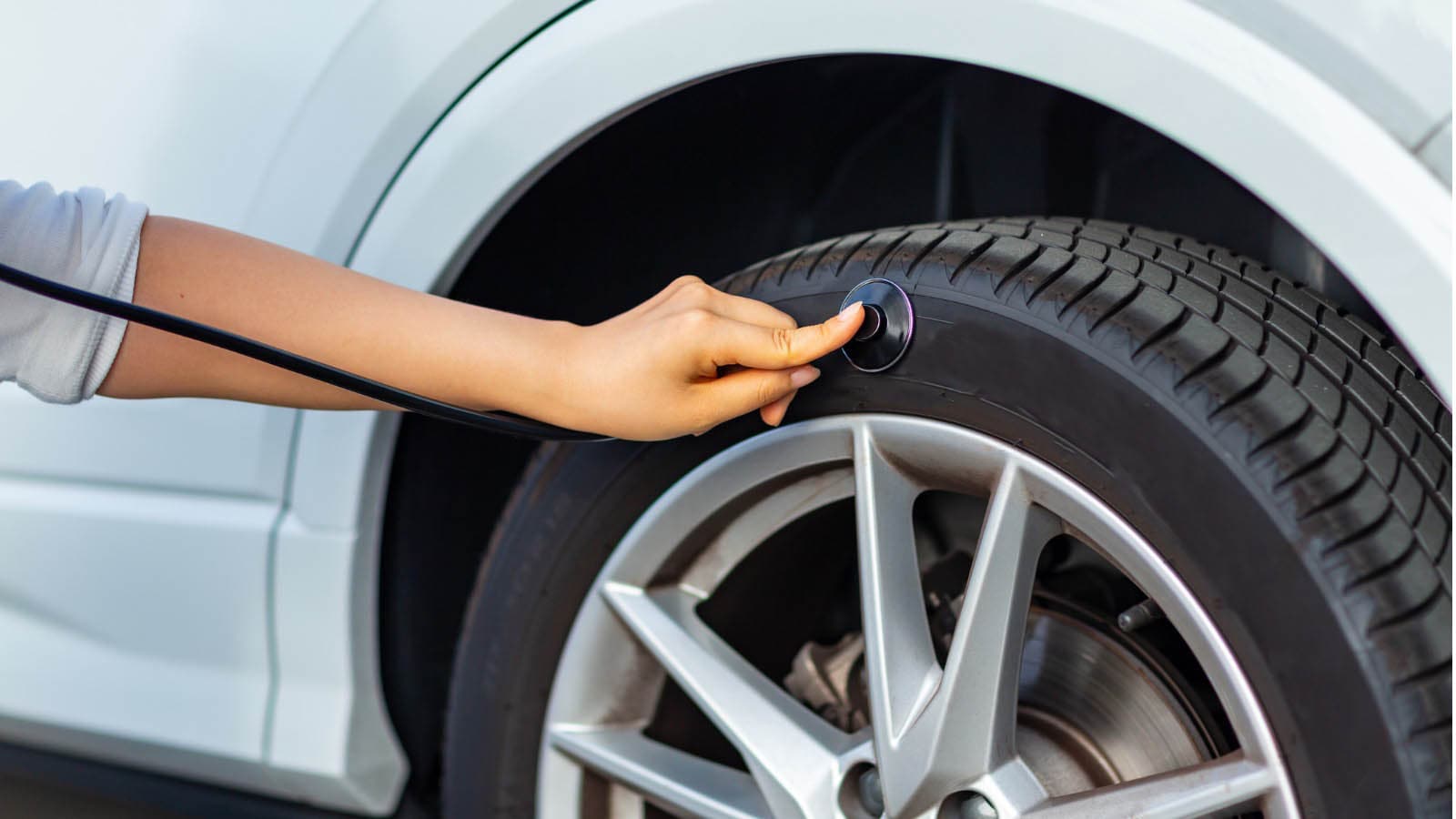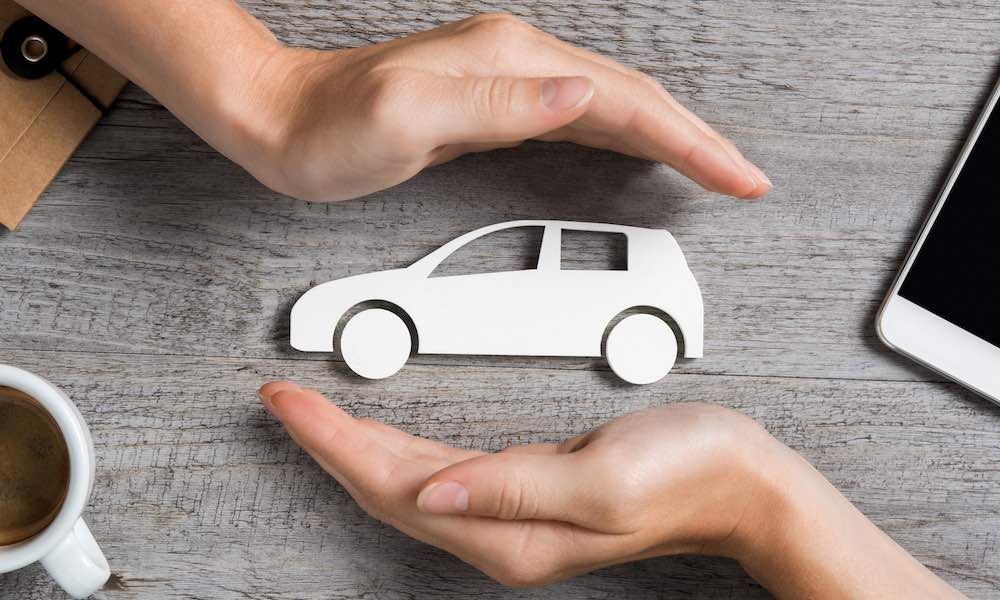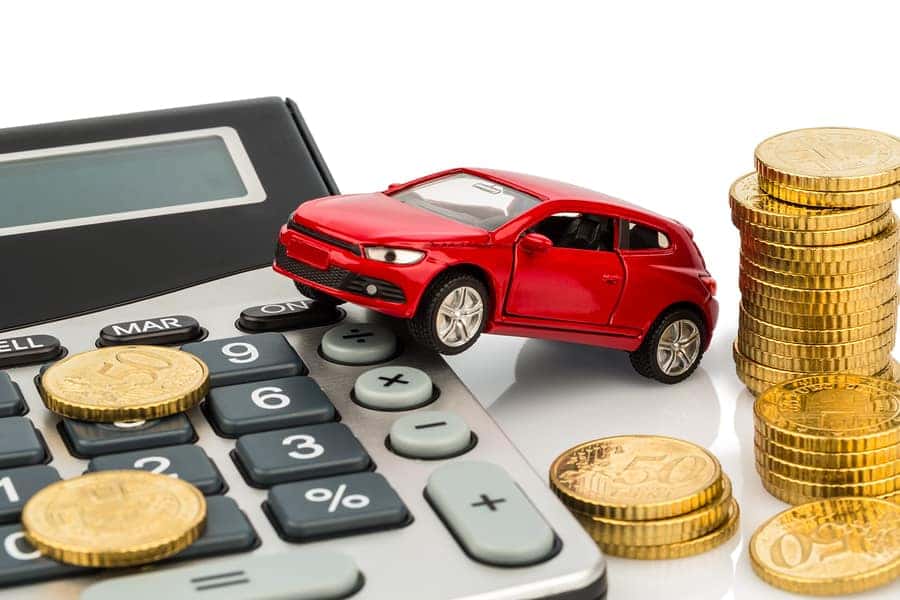Are you in the market for a new car? Whether you’re buying new or used, it’s important to be well-informed and prepared before making such a significant investment. With so many options available, it can be overwhelming to know where to start. But don’t worry, we’ve got you covered! In this article, we’ll walk you through the most important things to look out for when buying a car, from researching and setting a budget to test driving and negotiating the price. By following these tips, you can make a more informed decision and ensure that you are getting a good deal on a reliable vehicle. So, buckle up and get ready to embark on a stress-free car buying journey!
Research
Before you start looking at cars, research the different models and makes that interest you. Look at things like fuel economy, safety ratings, and customer reviews. This will help you narrow down your choices and make it easier to find the right car for you. Consider the size of the car, the type of car, the features it has and the price range. It’s always good to have an idea of what you’re looking for and what your options are before you start shopping.

Budget
Set a budget for yourself and stick to it. Keep in mind that the purchase price of a car is not the only cost you will incur. You will also need to factor in things like fuel, insurance, and maintenance. Make sure you have a realistic budget in mind and that you are aware of all the costs associated with owning a car before making a purchase.

Test-drive
Always test-drive a car before you buy it. This will give you a good idea of how it handles and whether it’s comfortable for you to drive. It’s important to test drive a car on different types of roads and in different weather conditions to get a full sense of how the car performs.

Inspection
Before you buy a used car, have it inspected by a mechanic. This will help you identify any potential problems with the car before you buy it. A professional inspection will also give you a better idea of the car’s overall condition, including the condition of the brakes, suspension, tires, and other mechanical components.

Warranty
If you are buying a new car, make sure you understand the warranty that comes with it. If you are buying a used car, ask about any remaining warranty and if it’s transferable. It’s important to be aware of the warranty coverage and what it covers in case you have any issues with the car after purchase.

Financing
If you are financing your car, shop around for the best deal. Compare interest rates and terms from different lenders to find the one that works best for you. You can also consider different financing options such as a car loan or a lease. Be sure to read all the fine print and understand all the terms and conditions before making a decision.

Trade-in
If you are considering trading in your current car, research the trade-in value of your car before you go to the dealership. This will give you a better idea of how much your current car is worth and how much you can expect to receive in a trade-in.

Negotiate
Always negotiate the price of the car. Whether you’re buying new or used, the sticker price is usually negotiable. Be prepared to negotiate the price of the car, and don’t be afraid to walk away if you can’t reach an agreement.

In conclusion, buying a car is a significant investment and it’s important to make sure you are getting a good deal and a reliable vehicle. By considering things like researching, budgeting, test driving, inspecting, understanding the warranty, financing, trade-in options and negotiating, you can make a more informed decision and ensure that you are getting the best deal possible on your next car. Remember to take your time, do your research, and don’t rush into any decisions. With the right approach, you can find the perfect car for you and make a smart investment. Happy car buying!


I like this website very much, Its a very nice billet to read and get info . “You have to lead people gently toward what they already know is right.” by Philip.